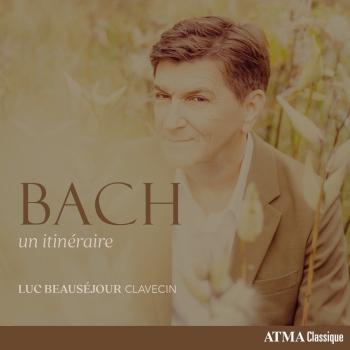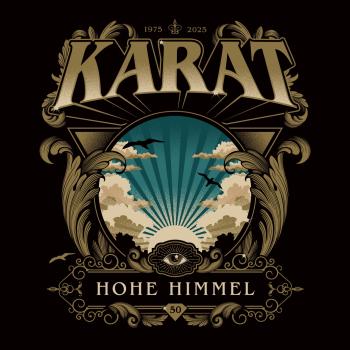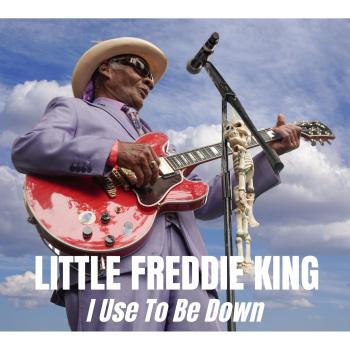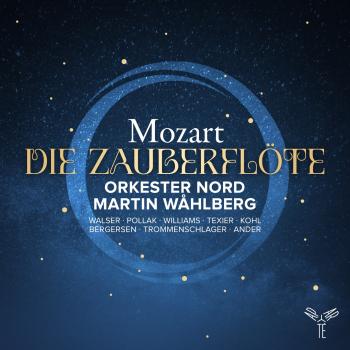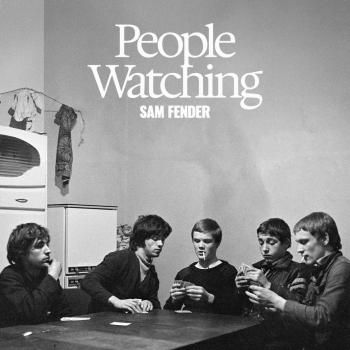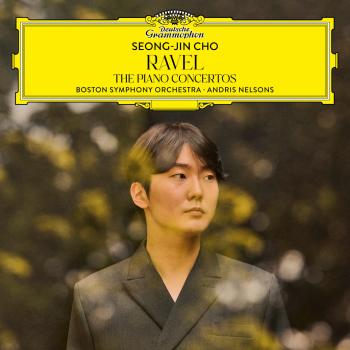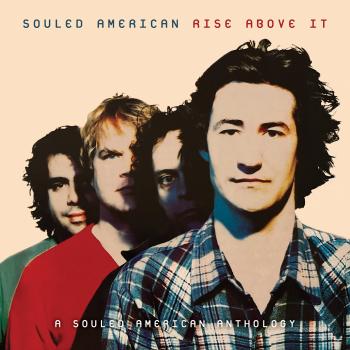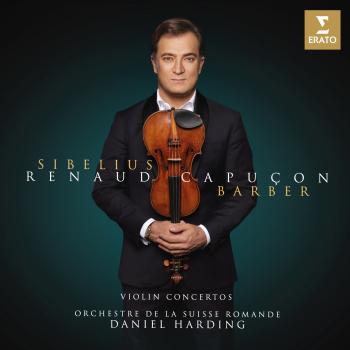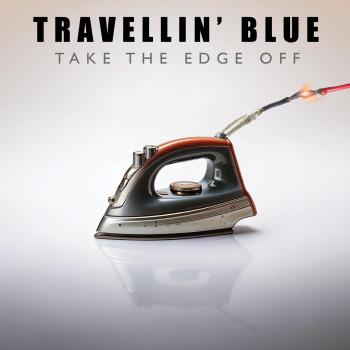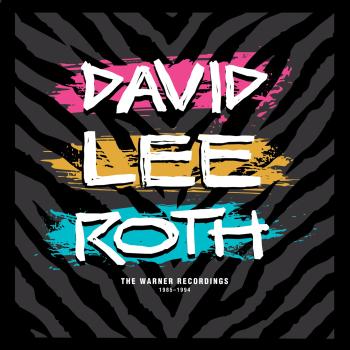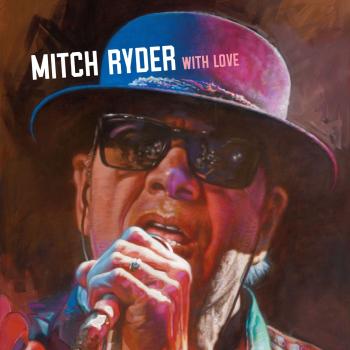
Ex tempore The Italian Consort
Album info
Album-Release:
2024
HRA-Release:
02.02.2024
Label: Tactus
Genre: Classical
Subgenre: Chamber Music
Artist: The Italian Consort
Composer: Cristobal de Morales (1500-1553), Luis de Milan (1500-1561), Marco Betta (1964), Costanzo Festa (1485-1545), Diego Ortiz (1510-1576), Antonio Valente (1520-1601), Giovanni Sollima (1962), Agostino Agazzari (1578-1640), Pietro Paolo Borrono da Milano (1490-1563), Cipriano de Rore (1515-1565), Orazio Bassani (1550-1615)
Album including Album cover Booklet (PDF)
- Cristóbal de Morales (1500 - 1553): Circumdederunt me:
- 1 Morales: Circumdederunt me 01:58
- Luis de Milán (1500 - 1561): Pavane e Galliard:
- 2 Milán: Pavane e Galliard 02:57
- Marco Betta (b. 1964): Madrigale [a 6]:
- 3 Betta: Madrigale [a 6] 09:22
- Costanzo Festa (1490 - 1545): Contrappunto 63:
- 4 Festa: Contrappunto 63 03:20
- Diego Ortiz (1510 - 1570): Recercada secunda:
- 5 Ortiz: Recercada secunda 01:29
- Cristóbal de Morales: Pie Jesu:
- 6 Morales: Pie Jesu 01:33
- Antonio Valente (1520 - 1580): Lo ballo dell’intorcia:
- 7 Valente: Lo ballo dell’intorcia 01:26
- Giovanni Sollima (b. 1962): Igiul:
- 8 Sollima: Igiul 04:26
- Agostino Agazzari (1578 - 1640): Beatus Vir:
- 9 Agazzari: Beatus Vir 02:28
- Pietro Paolo Borrono da Milano (b. 1490): Pavana e saltarello:
- 10 Milano: Pavana e saltarello 03:15
- Cristóbal de Morales: De profundis:
- 11 Morales: De profundis 02:48
- Costanzo Festa: Contrappunto 61:
- 12 Festa: Contrappunto 61 03:22
- Cipriano de Rore (1515 - 1565): Vergine Bella:
- 13 Rore: Vergine Bella 05:30
- Antonio de Cabezón (1510 - 1566): Diferencias sobre «El canto del caballero»:
- 14 Cabezón: Diferencias sobre «El canto del caballero» 03:19
- Diego Ortiz: Dignare me:
- 15 Ortiz: Dignare me 02:50
- Alonso Mudarra (1510 - 1580): Fantasia:
- 16 Mudarra: Fantasia 02:48
- Giovanni Paolo Cima (1570 - 1622): Capriccio:
- 17 Cima: Capriccio 03:25
- Tomás Luis de Victoria (1548 - 1611): O sacrum Convivium:
- 18 Victoria: O sacrum Convivium 03:11
Info for Ex tempore
The singular record production “Ex tempore” is proposed to us by the instrumental ensemble “The Italian Consort”, with the collaboration of Andrea Inghisciano, an exceptional guest and international star of the Renaissance cornetto. The ancestral sounds of the consort of dulciane, accompanied by the lute of Gian Giacomo Pinardi and the organ of Cinzia Guarino, guide us to listen to a repertoire of both early music - represented by composers of the fifteenth and sixteenth centuries - and contemporary, thanks to the compositional contribution of Marco Betta and Giovanni Sollima. The particular timbres of the ancient instruments are the expressive key to intricate labyrinths of contrapuntal alchemies, intense relationships with sacred or poetic texts and implied invitations to dance, in a continuous search for imitation of the human voice that in the Renaissance was considered as the absolute reference for any musical instrument.
The Italian Consort:
Andrea Inghisciano, cornet
Alessandro Nasello, recorder and dulciane (soprano, alto, tenor and bass)
Giovanni Graziadio, dulciane (alto, tenor and bass)
Maurizio Barigione, dulciane (tenor, bass, double bass)
Letizia Viola, dulciane (bass)
Vincenzo Onida, bass
Cinzia Guarino, organ
Giangiacomo Pinardi, lute
Matteo Rabolini, percussion
Giangiacomo Pinardi
After studying guitar with Costantino Amiti, Giangiacomo Pinardi specialised in early plucked string instruments with Massimo Lonardi at the Music Institute in Pavia (Italy), later attending the annual classes at the Venice School of Early Music. As a collaborator with several ensembles devoted to Renaissance and Baroque repertoires (the Barocchisti, Arte Resoluta, Curtes Francae, Fantazyas and others) he has enjoyed a busy concert career throughout Europe and abroad. In 2001 he was invited by Fabio Biondi to play continuo in his ensemble Europa Galante, performing regularly with them at the most renowned opera seasons and music events all over Europe, the United States, South America, China, Korea, Hong Kong, Japan and Australia. He has appeared as a performer in more than forty recordings for EMI-Virgin, Opus 111, Chandos, Amadeus, Tactus, Dynamic, Bongiovanni, Stradivarius, Orfeo, ASV and Claves, as well as in many European and American radio and television broadcasting programmes. Giangiacomo Pinardi has also edited the critical edition of the works of F. Corbetta. He plays a thirteen-course theorbo, a copy of an Italian seventeenth-century instrument built in 2004 by Juan Carlos Soto Marin.
Booklet for Ex tempore

